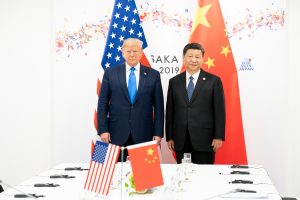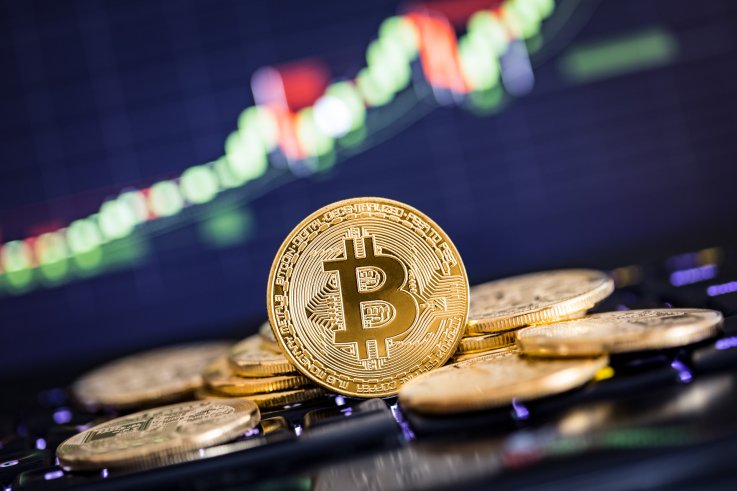There are many different ways in which to measure the level of competition between the United States and China and Russia. These are explored at length in a separate Burke Chair report entitled The Biden Transition and U.S. Competition with China and Russia: The Crisis-Driven Need to Change U.S. Strategy, which is available on the CSIS website here.
It is clear, however, that the ways in which the rest of the world perceives the overall character of China, Russia, and the United States is becoming a key form of competition, in which public opinion polls on the attitudes in other countries can provide a non-partisan set of benchmarks and trend indicators that are not subject to the political debates in domestic American politics.
This does not mean that foreign attitudes are objective or correct. One can argue with some justification that many of the current partner and other foreign perceptions of the U.S. are no less objective than U.S. perceptions of partner and foreign states – particularly ones with different religions, political structures, and cultural backgrounds. It is equally true that it is the perceptions and self-interests of the leadership elites in many countries that determine their alignments as strategic partners, rather than those of the average citizen.
In broad terms, however, popular perceptions still count. Popular attitudes towards the U.S. have at least some impact on the behavior of even the most authoritarian states, and they have far more impact on states with moderate and democratic regimes. They affect every aspect of international diplomacy and the behavior of international organizations, and they indirectly help shape the broader structure of deterrence, sanctions, and arms control.
They are particularly important in ensuring that the leadership and democratic character of the U.S. make the United States more respected than Russia and China, and they can give the U.S. a natural advantage in seeking strategic partners. It is important to note, therefore, that recent Pew and Gallup polls – two of the most respected sources of polling data in the world – sound strong warnings that the U.S. has seen a major reduction in partner and other outside support in recent years – to levels roughly similar to outside support for China and Russia.





















